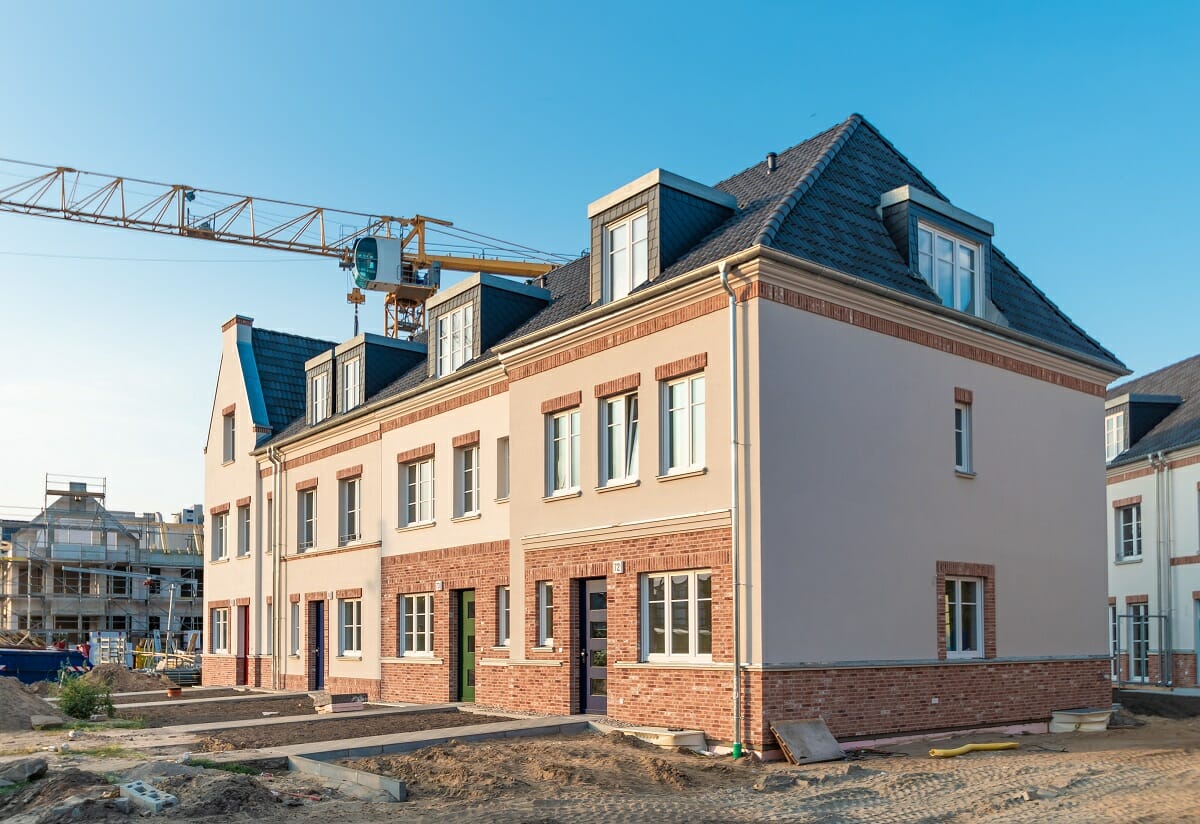There are different ways to renovate your home and make it look as if it’s brand new. It could involve any number of things, including repainting the walls, changing out old furniture for something more modern, installing new flooring, or simply upgrading appliances in the kitchen. Whether you’re planning a major renovation or just a few small changes here and there, there are some things you need to think about first.
Whether you’re planning to sell your house in the future or simply want it to be your personal sanctuary from the outside world, renovating is not an undertaking that should be entered into lightly. Depending on what type of renovations you plan to make and how extensive they will be, renovating can cost quite a bit of money. Here are some factors that need to be considered before taking the leap and investing in renovations.
Create your long-term goals and needs
The primary thing to do when upgrading a house is to establish your objectives for the property over the long term. Do you want to improve the property’s value and resell it for a profit, or do you want to improve the way it functions for you?
Instead of concentrating on the things you like, think about what would appeal to the buyers you seek if you are adding value. Ensure you don’t overspend on your budget by focusing on areas that will increase the value of your property.
Concentrate your efforts and money on the parts of your home that will have the biggest impact on how you utilise it if you are improving the property. Consider whether you want a finish that reflects your personal style. If your target buyers want a top-quality finish, you may have to spend more on certain aspects. If you want your home to be futureproof so you don’t have to move again in the future, you might wish to invest more money on things like the kitchen.
Decide what work you’ll do yourself
Doing some of the work yourself can save you a lot of money on a renovation, but working on jobs you are not qualified for can result in expensive mistakes.
The work best done by qualified tradesmen includes plastering, electrical installations, kitchen fitting, heating and plumbing installations. The jobs that you may want to take on yourself may include decorating and painting, tiling, fitting skirting, architraves and laminate flooring.
Establish your budget
It’s crucial to be clear on your budget from day one when renovating, as those costs can get out of control fast. Create a precise estimate of all your renovation costs by adding a surplus to cover any unexpected complications that may arise. This is essential that establish where this funding is coming from, as applying for a mortgage credit check will show on your file.
Research reliable Trades
It always comes down to research when it comes to finding trustworthy tradespeople. Request at least five quotes for every job you have and research each contractor by reviewing online testimonials. You can start with websites like Trustatrader and Which? but you should also seek referrals from friends and family.
See if a company has galleries of past projects and reviews on social media to see if they are right for you. Remember that the cheapest estimate may not always be the best choice, so weigh all your research and the cost of the services being provided before making a final choice.
Understand Planning Permission
You may need to get planning permission if you are undertaking a significant renovation project. Although getting planning permission is usually required, there is an extensive list of activities that are permitted without it.
Prior to beginning your renovation project, consult your local planning department to discover what is and is not permitted under permitted development. Furthermore, if you require planning permission, you can begin early. It might take a long time to finalise so if you can submit your plans as soon as possible then your renovation work can start earlier.
Do renovation work in the right order
A well-thought-out renovation plan will keep you on track and minimize your frustration level. Make sure to include any projects you want to handle yourself in your work schedule with your contractor.
The majority of renovations follow this process:
· Strip down and removal
· Structural work including walls, floors and ceilings
· First fix work including heating, wiring, plumbing, plastering and flooring
· Second fix work including plumbing, wiring and heating
· Bathroom and kitchen fitting
· Decoration
Allowing project management to manage your renovation effectively, you will be able to keep everything on track and avoid costly overruns, ensuring that all tradesmen are on site when they are needed.
Live in your current space before renovating
Prior to beginning your renovation project, spend some time living in your current home. By delaying for a few months and living day-to-day in the space, you’ll soon understand what works and what doesn’t. Spending some time living in your freshly renovated rooms before painting them can help you identify areas of your property that require more work and ensure you use your budget for the most important improvements.
Select a few colour tester pots and paint a small section of the wall, then live with it for a few days and see if you like it.
Expect the unexpected
Even if you’re certain your home will not experience any costly surprises during your renovation, it still might. Be prepared for any outcome and account for unplanned work in your budget.
Common issues that are found when stripping down your current property may include things like rotting wood, dampness, poor DIY work and even joists and floors.


